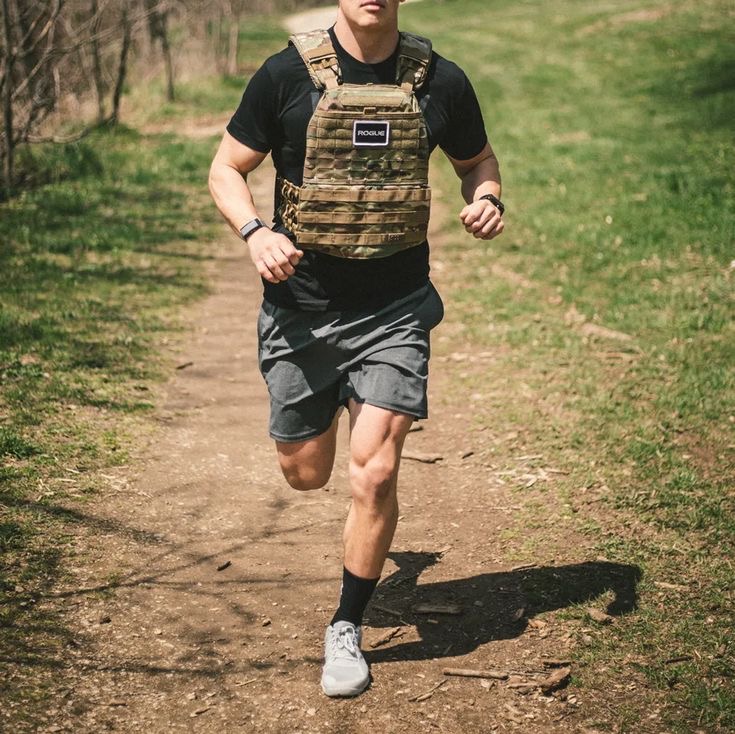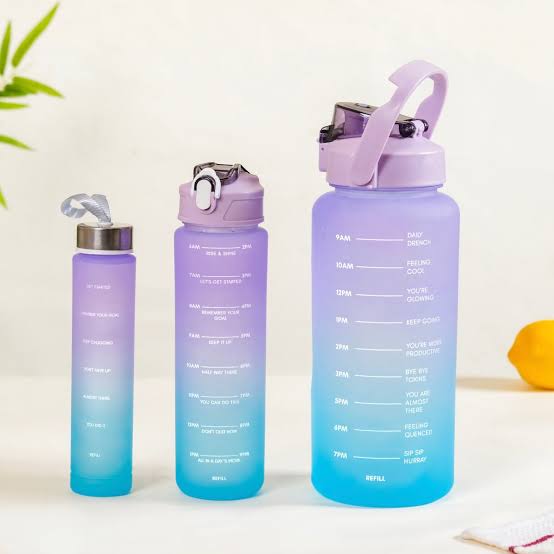The Best & Worst Squat Shoes in 2024 (Ranked!)

Are you stuck trying to find the perfect pair of squat shoes? Don’t worry, I’ve got you covered – and I did all the heavy lifting (research-wise, that is) so you don’t have to. In this article, I’ve ranked the most popular squat shoes out there and broken down their pros and cons.
I’m using the tier list format from fitness expert Jeff Nippard, where “S” stands for Super (aka the gold standard), and A, B, C, and D are for shoes that go from pretty decent to “meh.” And for the truly tragic shoes that make you wonder how they even made it to the market? They get a cozy spot in the “F” tier, where failed squat shoes live in eternal shame. Let’s dive in and make sure your feet are dressed for success! what are there pros and consThe tier list format is taken directly from currently one of the most influential fitness influencer Jeff Nippard. The list have the best out of best shoes at S which means Super and then A, B, C, and D are mid ranges and if according to me the shoe if least suggestable then it goes on f which means fail.
1. Reebok Legacy Lifter III
What makes it the best?
If you are an advanced lifter, you will love the Reebok Legacy Lifter III. This shoe does a great job in durability and stability, with a perfectly elevated heel that aids form during squats. The toe box is incredibly durable, showing little wear even under harsh testing. With a heel stack of 33.0 mm, it helps maintain good posture while lifting and improves ankle mobility.
Pros:
• Exceptional stability
• Incompressible platform
• High heel enhances squat posture
Cons:
• High price point
• Short Velcro strap
Overall Ranking: C-
2. Nike Romaleos 4
What makes it the best?
The Romaleos 4 is one of the firmest shoes tested, offering outstanding stability. With two straps for lockdown, your feet stay secure even under heavy lifts. The shoe features a 20.5 mm heel drop, promoting an upright lifting posture. However, the upper material lacks durability.
Pros:
• Phenomenal stability
• Sturdy platform
• Comfortable fit
Cons:
• Upper lacks durability
• Not breathable
• Tight fit for wider feet
Overall Ranking: B+
3. Adidas Adipower Weightlifting Shoes
What makes it the best?
The Adidas Adipower offers excellent support with a solid heel structure. The shoe’s single strap design and elevated heel provide stability for various lifts. Its leather upper gives a classic look but may require some breaking in.
Pros:
• Durable construction
• Great for heavy lifting
• Classic design
Cons:
• Break-in period required
• Slightly heavier than others
• Expensive
Overall Ranking: S
4. Adidas Powerlift 4
What makes it the best?
The Powerlift 4 is an excellent budget-friendly option for beginner lifters. It offers a comfortable fit and sufficient support for squats and cleans. However, it may not provide the same level of stability as more advanced shoes.
Pros:
• Affordable
• Comfortable fit
• Versatile for different workouts
Cons:
• Less stability compared to premium models
• Average durability
• May not suit advanced lifters
Overall Ranking: A
5. Inov-8 Fastlift 335
What makes it the best?
The Fastlift 335 is known for its lightweight design, making it ideal for dynamic lifts. The shoe offers a good blend of flexibility and support, thanks to its unique construction.
Pros:
• Lightweight
• Good flexibility
• Comfortable
Cons:
• May lack support for heavy lifts
• Not as durable as others
• Pricier than entry-level options
Overall Ranking: B
6. SABO Deadlift Shoes
What makes it the best?
These shoes are specifically designed for deadlifting, featuring a flat sole that helps maximize power transfer. They are also lightweight, allowing for agility during lifts.
Pros:
• Ideal for deadlifting
• Lightweight design
• Enhanced ground contact
Cons:
• Limited versatility for other lifts
• Not very breathable
• May feel uncomfortable during long sessions
Overall Ranking: B
7. Failing Shoe: Converse Chuck Taylor
What makes it the best?
While widely popular for casual wear, the Converse Chuck Taylor is not designed for serious lifting. The lack of arch support and cushioning makes it a poor choice for squat performance.
Pros:
• Affordable
• Classic design
• Easy to find
Cons:
• Poor support
• Flat sole lacks stability
• Not suitable for heavy lifting
Overall Ranking: F
Conclusion
Choosing the right squat shoe can make a significant difference in your performance. Whether you’re a beginner or an advanced lifter, understanding the pros and cons of each shoe will help you make an informed decision.
Also, I’ve personally used every shoe listed here and according to that I’ve given the pros and cons. I didn’t even add any affiliate links because I really want to keep it transparent and unbiased.
You might also like: Why Squat Shoes Are the Best Thing I’ve Ever Used




